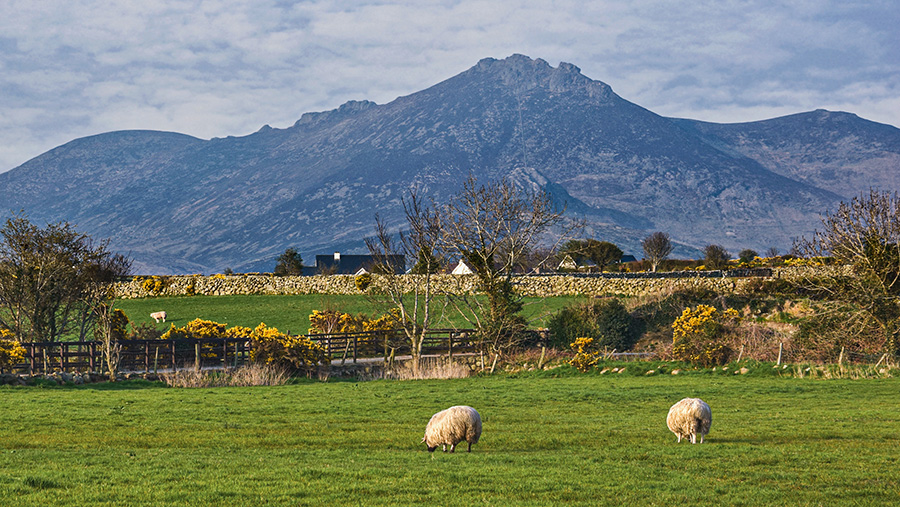Post-Brexit rules hit Northern Ireland livestock imports
 © Adobe Stock/Jane McIlroy
© Adobe Stock/Jane McIlroy Cattle and sheep exports from Britain to Northern Ireland slumped in the first three months after Brexit.
According to the Ulster Farmers’ Union (UFU), 9,915 sheep and 3,882 cattle were imported into the province in 2020 by NI farmers as stores or breeding animals.
In stark contrast, numbers for the first three months of 2021 show just 30 breeding and store sheep were imported from GB farms to NI.
Cattle numbers were also low, at a total of only 480 store and breeding animals brought in by NI farm businesses.
See also: Adjudicator survey reveals improved retailer behaviour
The UFU said the decline was due to post-Brexit trading relationships with the rest of Britain, which were being subjected to third-country rules.
In particular, the union highlighted issues that have seen live animals shipped within the UK having to meet the same requirements as those imported from Brazil.
Policy officer Daryl McLaughlin said the issues included show licences, sheep scrapie controls and re-tagging.
Show licences
Before 1 January 2021, livestock could be licensed to leave NI and travel to GB to attend shows and sales.
Unsold animals were allowed to return to their original holding in NI and rejoin herds or flocks after a 30-day isolation and testing period.
But under the new export health certificate (EHC), there is no option that allows for this practice.
The breeding and trade has been halted, with an immediate and long-term detrimental effect on both sides of the Irish Sea, said Mr McLaughlin.
Sheep scrapie
All sheep entering NI must be accompanied by an EHC, which carries stricter controls than previously required.
Some of these conditions, specifically those regarding scrapie monitoring and genotyping, mean a high proportion of sheep previously entering NI cannot meet the new rules, Mr McLaughlin warned.
Delegations and extensions have been put in place to allow EU livestock to flow seamlessly into the UK, but there has been no reciprocal agreement allowing trade to continue between GB and NI.
Re-tagging
Mr McLaughlin also warned that tagging policies were undermining traceability.
Policy dictates that animals exported from GB to NI must have their UK tags replaced with a GB tag.
UK tags are removed on arrival in NI and replaced with sequential tags from the NI holding on which they are now resident, cutting traceable origin of the animal, he explained.
While this does not prevent trade, there are threats and consequences of losing full-life, farm-to-fork provenance and traceability of UK beef and lamb production.
The removal of the GB tag and the original pair of UK tags appears unjustified and unwarranted and creates both animal welfare and health and safety concerns, Mr McLaughlin said.
The potential for errors in the case of a whole herd replacement following a TB breakdown are colossal, he added.
